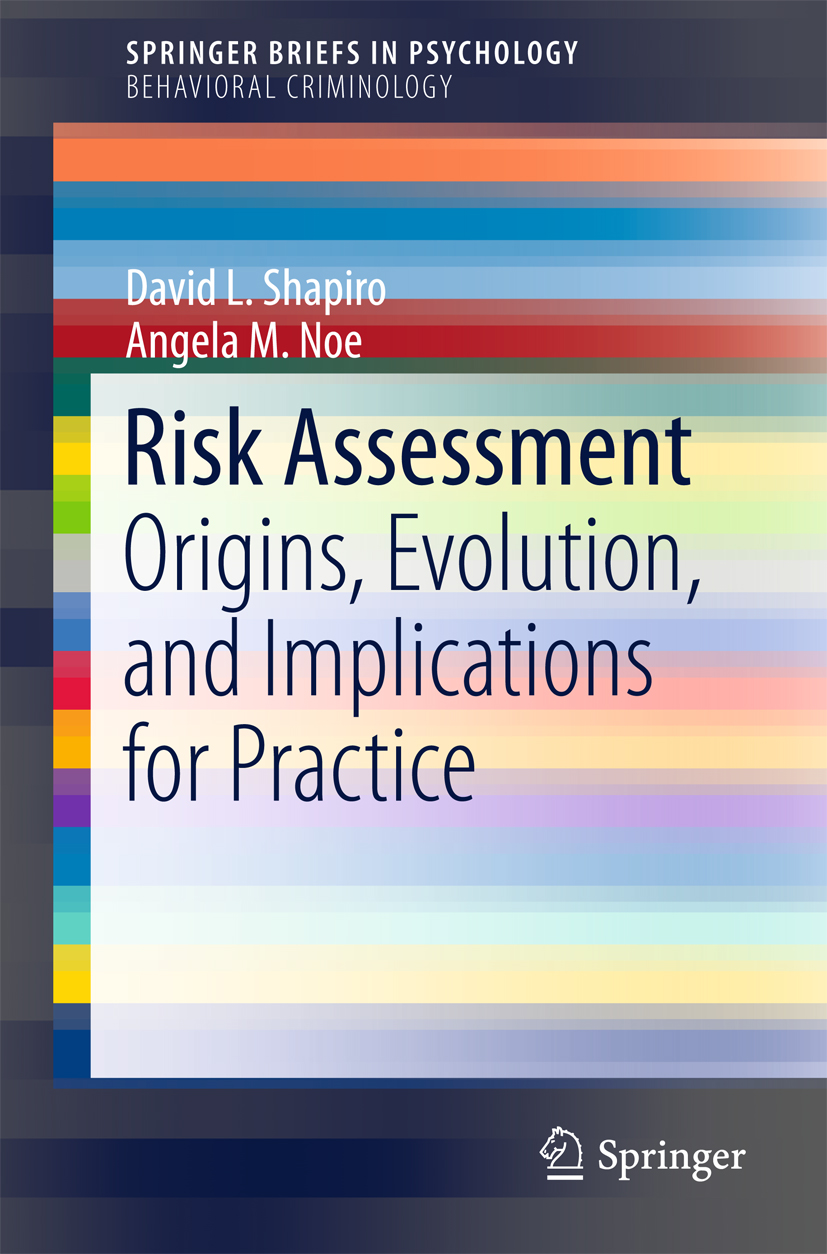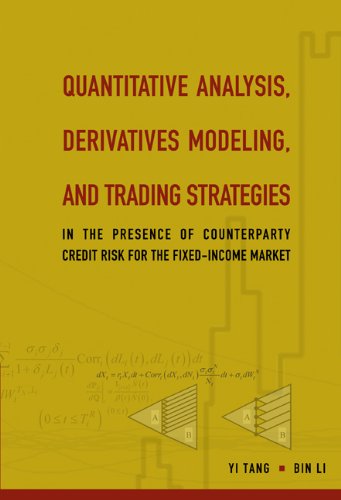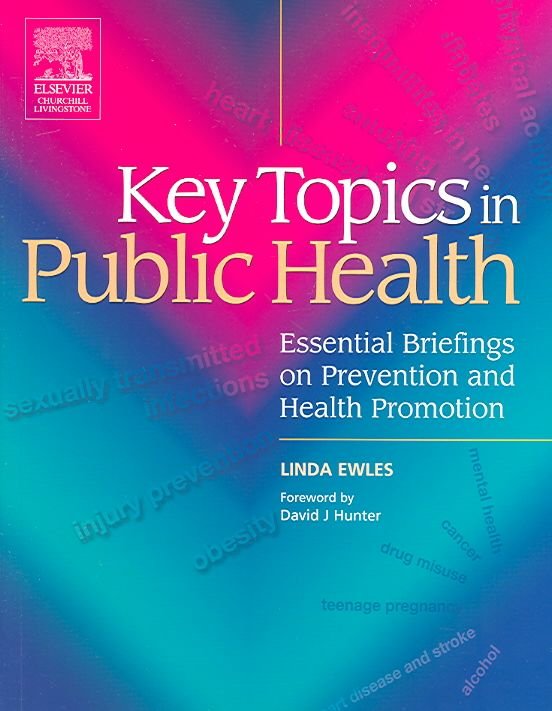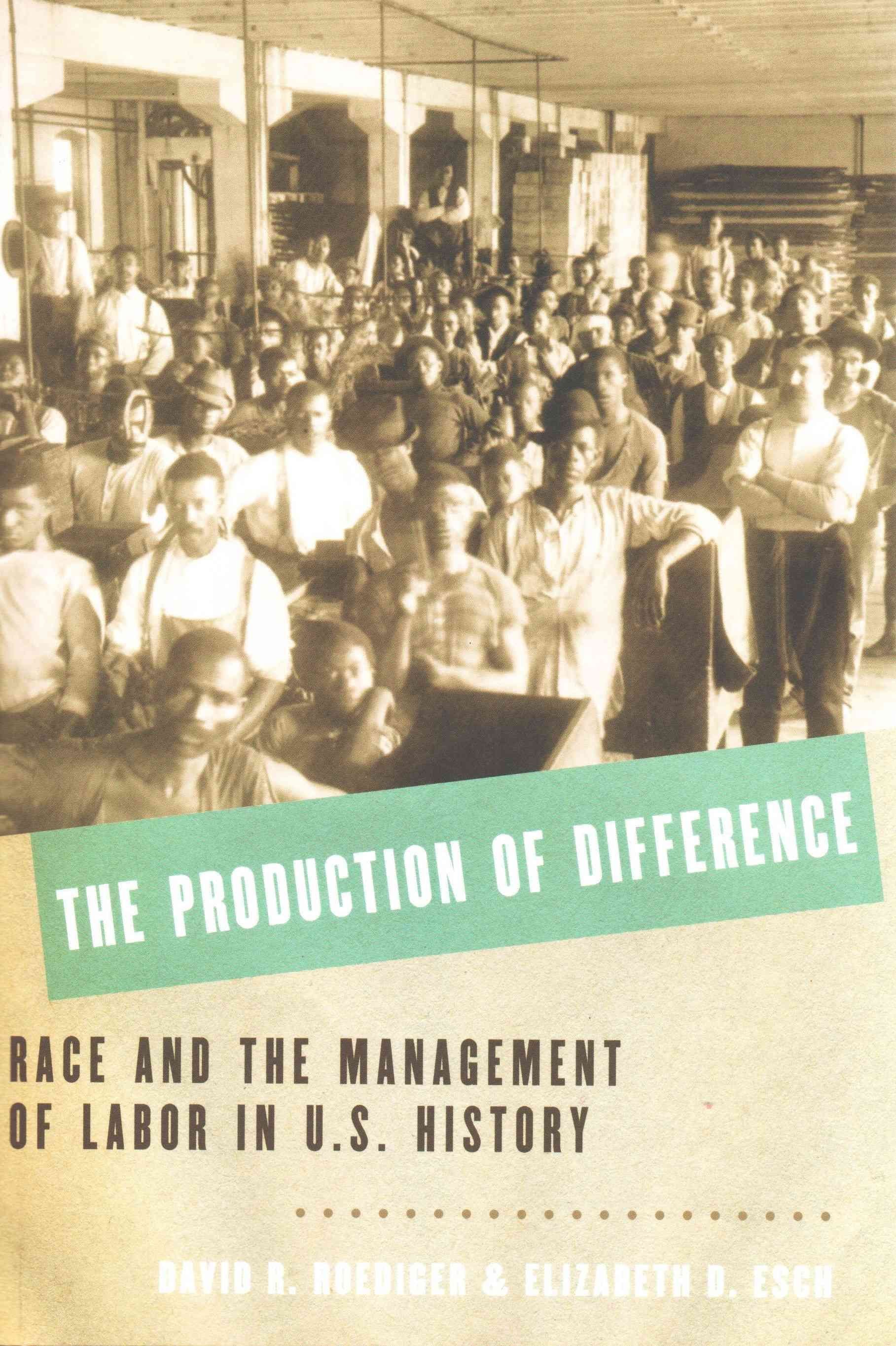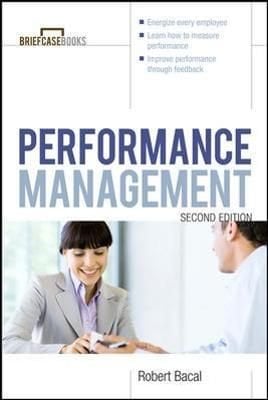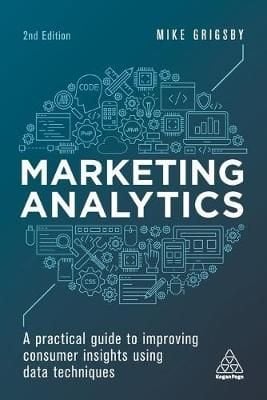This compact reference makes the case for a middle ground between clinical and actuarial methods in predicting future violence, domestic violence, and sexual offending. It critiques widely used measures such as the PCL-R, VRAG, SORAG, and Static-99 in terms of clarity of scoring, need for clinical interpretation, and potential weight in assessing individuals. Appropriate standards of practice are illustrated–and questioned–based on significant legal cases, among them Tarasoff v.Regents of the State of California and Lipari v. Sears, that have long defined the field. This expert coverage helps make sense of the pertinent issues and controversies surrounding risk assessment as it provides readers with invaluable information in these and other key areas: The history of violence prediction. Commonly used assessment instruments with their strengths and limitations. Psychological risk factors, both actual and questionable. Clinical lessons learned from instructive court cases, from Tarasoff forward. Implications for treatment providers. How more specialized risk assessment measures may be developed. Risk Assessment offers its readers–professionals working with sex offenders as well as those working with the Violence Risk Appraisal Guide and Sex Offender Appraisal Guide–new possibilities for rethinking the assessment strategies of their trade toward predicting and preventing violent criminal incidents.
